For the Birds: The terrifying experience of being perceived (while autistic)
"What are you so afraid of?" ~Me to myself, but genuinely this time.
Thanks for being here! I’m on a mission to serve others through writing & mentorship, and I’m doing this work as a self-employed autistic human. Your support has a bigger impact on my life than you likely know. Please know it! When you can, thank you for reading closely, sharing widely, and upgrading to a paid subscription.
“Oh,” M said to me one Wednesday morning back in April. “We’re having a poetry event and open mic this evening at the library. I meant to tell you sooner—do you want to come?”
“I’d love to,” I said, already knowing which poem I’d read.
When I arrived at the library that evening, I saw rows and rows of chairs where all the bodies would soon file in, and bright overhead lights, and a tall podium with a professional mic where readers would be poised above their seated peers.
“I don’t think I can participate,” I whispered nervously to M.
He must’ve known this might happen. In grad school—long before the word autism found me—my thesis reading consisted of me standing behind one of those large, tri-fold boards that children use for presenting science projects at school fairs. I’d painted the outside black and written the word, BODY, in white capital letters on the front. I stood behind it, two pineapple bookends holding it in place on the podium. The audience had only that single word and my disembodied voice to pay attention to.
It was a really positive experience for me.
At the library, I watched as other people started filing in. And though I was firm on my decision not to get up and read, my body registered no relief. I sat there nervously, berating myself for leaving my stim toy at home; M noticed and brought me his. An older gentleman clocked the book I was holding. “The Murderbot Diaries,” he said out loud. I panicked, bracing for him to ask me what the book was about, which is the only question I hate more than, so, how are you?
But then I saw a twinkle in his eye. “I just finished the whole series,” he told me.
“Oh!!” I yelled, a good vibration immediately filling my torso. “I’m only on book one, but I’m obsessed!”
“Keep going,” he said, before turning back toward the front of the room.
And that was that.
Another really positive experience.
The pre-event conversation was growing louder, circling me like a current. I put my noise-cancelling headphones on and read quietly to myself, still within the audience but no longer of it. I was stimming constantly with my left hand, my right knee bouncing high and fast.
This scene might sound like a boring one, yet I can’t overemphasize the radical nature of what was taking place: I wasn’t monitoring or policing myself. Had I been, I would have worried about the image of a 38-year-old woman in a room full of older, more sophisticated people, speaking to each other like it was a professional job they had trained for, all ease and skill and fluency. I would have sacrificed the feeling of comfort that my oversized headphones provide for my awareness of their enormity on my head. I would have stimmed less. I would have slowed my knee down.
I would have put effort into not looking like a child.
The first part of the event was a reading of all 14 poems recently installed through the Indian Creek Trail Poetry Walk in Hood River. It is such an inspired project, deeply representative of the cultural diversity of this part of Oregon, and as each poem was shared and celebrated, I felt my brain pleasantly focus. An image accompanied every poem, each one projected onto a large screen to the left of the podium. M dimmed the lights, and I felt my body relax into the room.
When the presentation was over, M shifted gears and put on a 1966 video of Frank O’Hara reading, “Having a coke with you.” I look / at you and I would rather look at you than all the portraits in the world. I looked at M, who was leaning slightly against one of the non-fiction shelves, beaming. Maybe I can go up there after all, I thought.
But then the open mic proper began, and a woman in the front row requested the lights be turned back up. I tensed immediately, which is when things started to unravel.
Suddenly, I couldn’t tell whether I wanted to go up there and was just feeling afraid—stage fright is a widely common experience, after all—or whether I genuinely didn’t want to, and only thought I did. Aren’t I supposed to want to do things like this? Because that’s what people like me—poets, writers, mentors, teachers—do: We go to the front of the room and say useful, pretty things.
I could not discern my anxiety from my intuition; whether my body was just responding to old programming, or whether it was sending me a genuine SOS: Please don’t do this thing that is so unpleasant for you.
I thought about how great it would be to stand up there and read the poem I’d chosen to read—not even my own work, so what was I really afraid of?
Because I am not afraid of sharing my work, let alone someone else’s. And I am not afraid of being seen on camera. And I am not afraid of speaking my opinions or preferences. And I am a little less afraid of talking to people through the mitigating powers of Zoom than I am of talking to people in person, but even that I’m not so sure about: Am I afraid to talk to people? Is that what this is all about?
Suddenly I was back in grad school, in one of those Comp 101 courses I was forced to teach while earning my degree. A small, kind woman would visit once a semester to observe me, making sure I wasn’t inciting chaos or berating my students. I’d plan those days so extra carefully: small group work, student-led discussions. Anything to keep her eyeballs off me.
I was—and am—a good teacher. I just didn’t know how to be a good teacher while being watched.
Here’s a line from Elaine Aron’s Highly Sensitive Person quiz, which found me sooner than autism did:
“When you must compete or be observed while performing a task, do you become so nervous or shaky that you do much worse than you would otherwise?”
When it comes to teaching, facilitation, space-holding, mentorship, coaching, dialoguing, demonstrating, connecting with others, or reading a short, beautiful poem at a small open mic: You are always being observed. Perceived. Looked at.
How do I show people my real value, my true abilities, and what I’m genuinely capable of, when the method of demonstration itself feels like a direct obstacle to how my brain functions?
Seated near the edge of the room, my attention split. I was taking in everyone’s poems, but I was also thinking:
What if I went up there and just…did not look at anyone?
But do I really even want to go up there?
It doesn’t matter what I want to do. My body is telling me what to do.
But isn’t my body me?
I thought: Yes, my body is me.
I thought: This is why I must listen to it.
I thought, You are going to die someday, not sure if it was encouragement or admonishment.
I thought: Just go up there.
I thought: You are a piece of shit.
I thought: What is wrong with you?
I thought: You are autistic.
I thought: Are you even really autistic?!
I thought: Omg, you are in fact too autistic. That’s hilarious!
I wondered what the unmasked option would be: To go up there despite the chaos of my internal ecosystem, or to give in to the pleading urge and stay put.
I could not figure out if I wanted to go up there, or just wanted to want to go up there.
I could not figure out where the mask was in relation to my body, which way I’d need to turn in order to turn away from it.
I thought: What if it were normal not to stare? Not to look so hard at whoever’s talking. To keep your eyes and hands occupied with stims and fidgets and hard copies of the thing being read aloud.
I thought: What if stages weren’t a requirement? What if we sometimes gathered not in lines and ranks but clusters and circles? What if I did not have to move my body—did not have to leave my seat and acclimate to a whole new geographical location, on top of the sweeping change to my line of sight that it would bring—just to talk to others? What if I could show up early, sit down once, and read from there? Or send in my recorded voice beforehand?
Two days later, I processed the whole thing with my therapist, circling back to the same question we’ve spent countless sessions trying to answer: How do I know what knowing feels like? Not just knowing, but wanting. What’s desire, and what’s obligation, and why don’t the two feel readily discernible to me?
I’ve been asking this cluster of questions for years, yet pre-diagnosis, I’d been unintentionally missing some crucial context. I was trying to tease apart anxiety from intuition without realizing that autism can sometimes braid them together.
Which means that pre-diagnosis, I walked right into some of the most obvious mindset traps, the kind of reductionist thinking that well-meaning but uninformed coaches espouse. In short, I reduced my turmoil down to a confidence problem, assuming I just needed to build more of it, fake it ‘till I make it style. All my verbs were commands: fix, push through, overcome. I had no idea there was a social-sensory limitation at play, something that might actually need understanding, not grit. Which is the problem with these toxic mindsets, because they never invite you to grow soft or curious; they tell you to get rigid and sure.
My therapist, whose brain functions a lot like mine, posed a question: If I could design an autistic-friendly room, what would it look like?
The image came easily: Circular seating, no height differentials. Dim lighting. A room where vision organically, even enthusiastically, moves in many directions—at visuals, printed poems, fidgets, art supplies. Heck: A room where eyes are allowed to close.
What I was picturing was accommodation. A space structured not just around endurance, but belonging. Divergent belonging.
Then, a familiar sentence rushed into my mind: I can’t do this.
And then another, this one fairly new: I can’t do this without accommodations.
My therapist knows what my face looks like when important sentences are rising to the surface, so they paused to check-in. “What are you noticing?”
I noticed a voice in the back of my mind, quiet but clear:
That version—the one with accommodations—doesn’t count.
The whole “counting / not counting” dilemma is a familiar one in my creative ecosystem, and it plagues a handful of my friends and clients, too. For me, it’s the voice that believes doing the thing only counts if it’s hard, which usually means doing it the way it’s “supposed” to be done. It’s also the voice that insists my actions must resemble status quo, neurotypical ones, and that good things should cost me something.
I told my therapist that part of me still believes this voice, believes that my accomplishments won’t count if I achieve them by accommodation. Wouldn’t that be like cheating?
I recognize the question’s absurdity, but that doesn’t mean I’m immune to its logic.
Because it’s easy (too easy) to confuse modification with failure. Or discomfort with wrongdoing.
So the voice lingers, keeping me away from the very thing that might, over time and through exposure, quiet it.
Not coercion. Not avoidance.
Accommodations: A willingness to meet myself in my true habitat—whatever that is.
At the open mic, I watched my partner navigate the room with visible ease, moving through his various tasks, making people laugh, speaking clearly and with poise. All night, he facilitated a warmth that spread effortlessly across the room.
I thought: I wish I was like him.
And if you’re winding up to tell me how this all comes back to that word, confidence, I’d like to ask you, please don’t.
Because after years of assuming that fear was at the base of everything I struggle with, I’m starting to have a new kind of thought: Maybe I’m not lacking confidence when I struggle to speak in front of groups, just like I’m not lacking confidence when I walk on my tiptoes, or slump beneath fluorescent lighting, or when my brain glitches in response to small talk.
Maybe, as it turns out, I am just being me.
I wish I was like him.
In that bright and busy room, a subtle clarity began to emerge.
Maybe the resolution to this story is not that if I try hard enough, I could be more like him.
Maybe the resolution is, quite simply, that I am not.
I am not, because in those moments of being seen, I am flooded with sensory and emotional input. The things I know, the things I can do, and the things I want to say…all those files are still in my brain somewhere, but they get pushed haphazardly to a back room to make space for the influx of social data that interactions bring. The data of eyes. And the data of faces. And the data of bodies. And the data of energies. And the data of emotions.
The disorienting abundance of people perceiving and engaging with me, all at once.
The overwhelming intimacy of being seen.
The resolution to this story was sitting there all along in the subtitle. In this particular context, I think I am afraid of nothing.
My autism might make my needs look like fears, or my intuition look like anxiety. But when I throw out all the archaic verbs—“fix,” “push through,” “overcome”—and start from scratch with listening, accommodation, and steadiness, the data is conclusive: It also wires me for depth, texture, and truth.
It wires me for a whole different kind of room, one where eye contact is not shorthand for presence.
In this room, there are so many other ways to participate.
In this room, there are so many other ways to be seen.
→ Watch the short video above to hear me read my open mic contribution—’s tremendous poem, “Your Mind the Map.”
Wanna read along? Find the poem here.





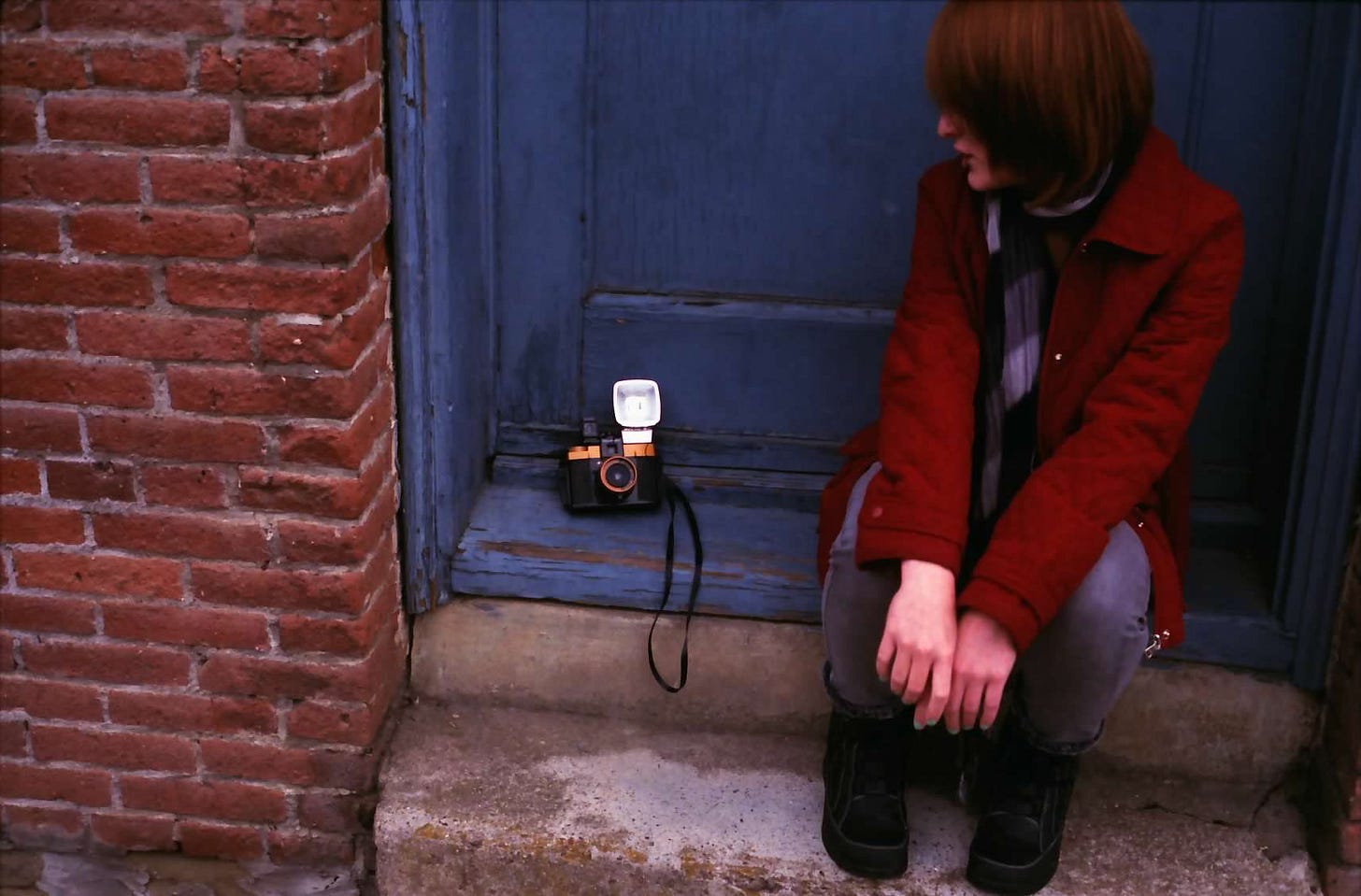
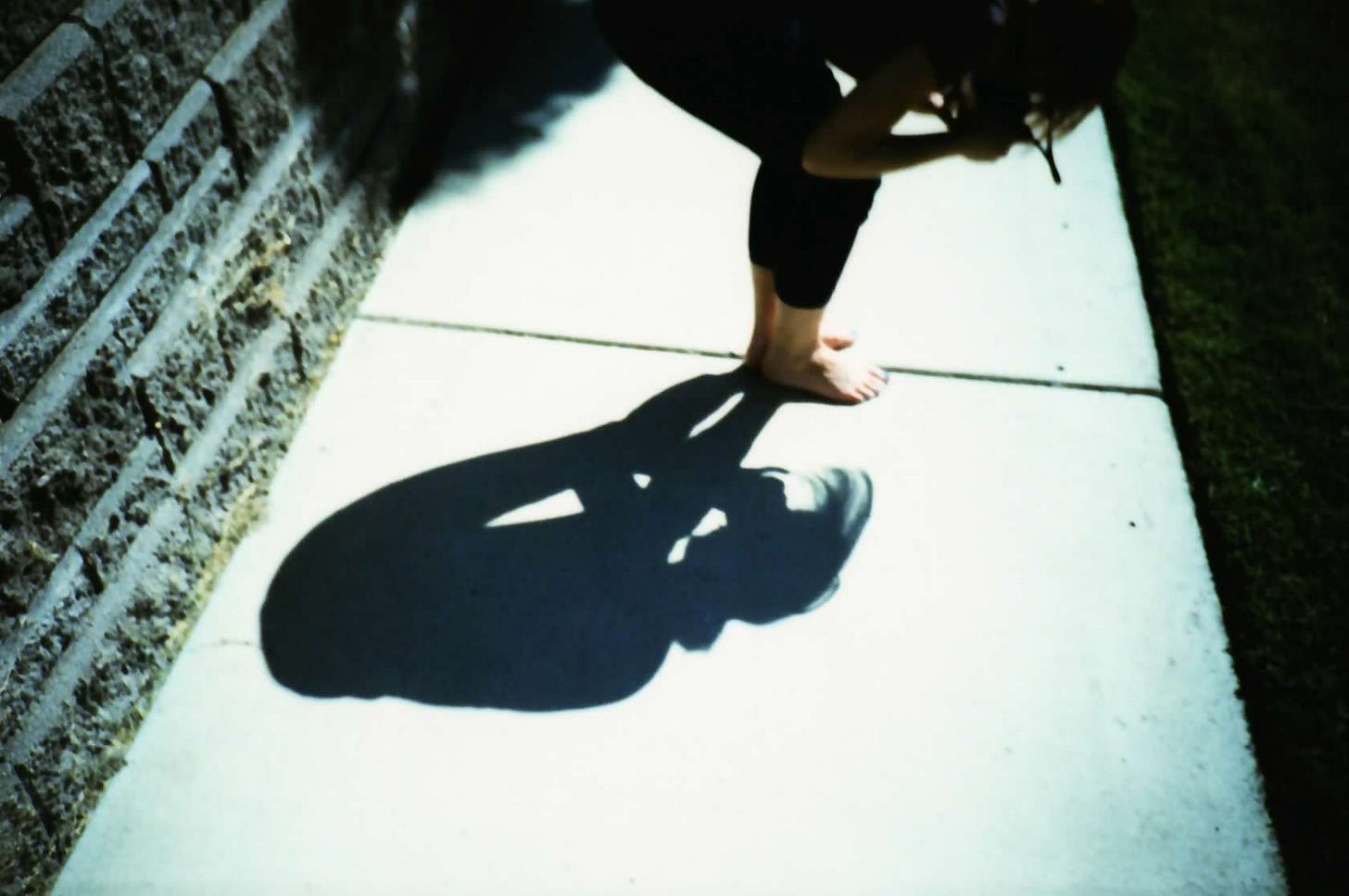
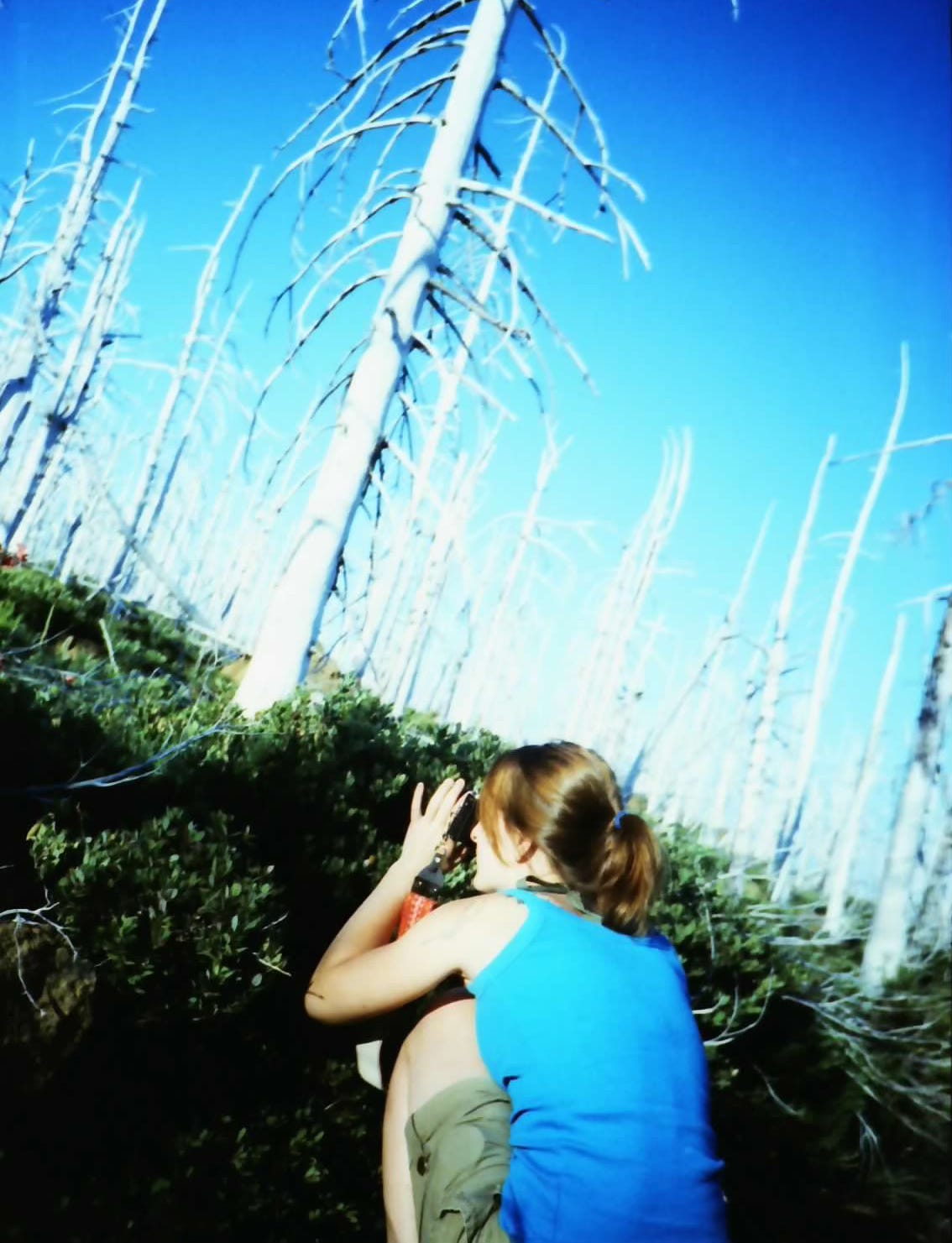
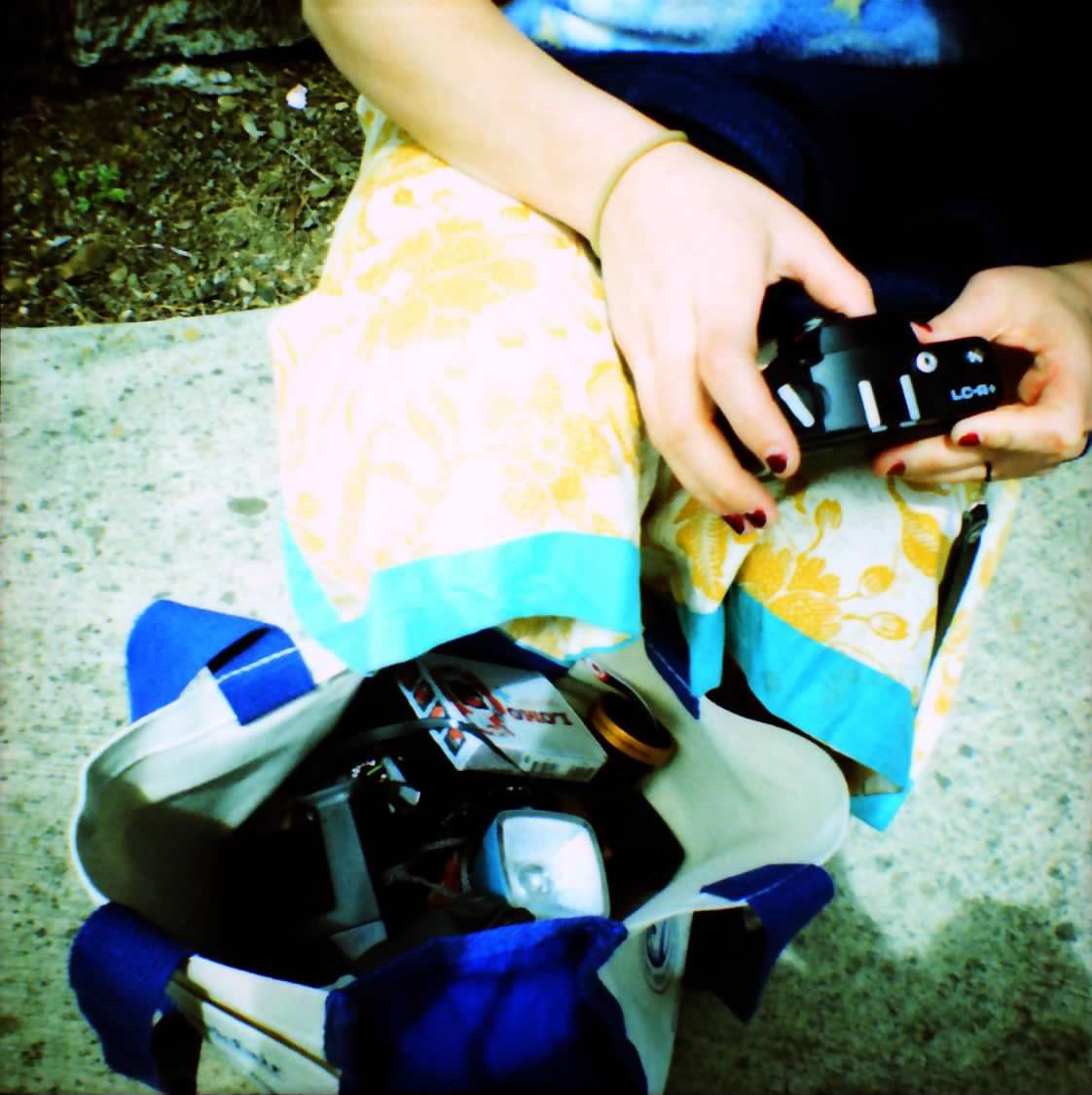
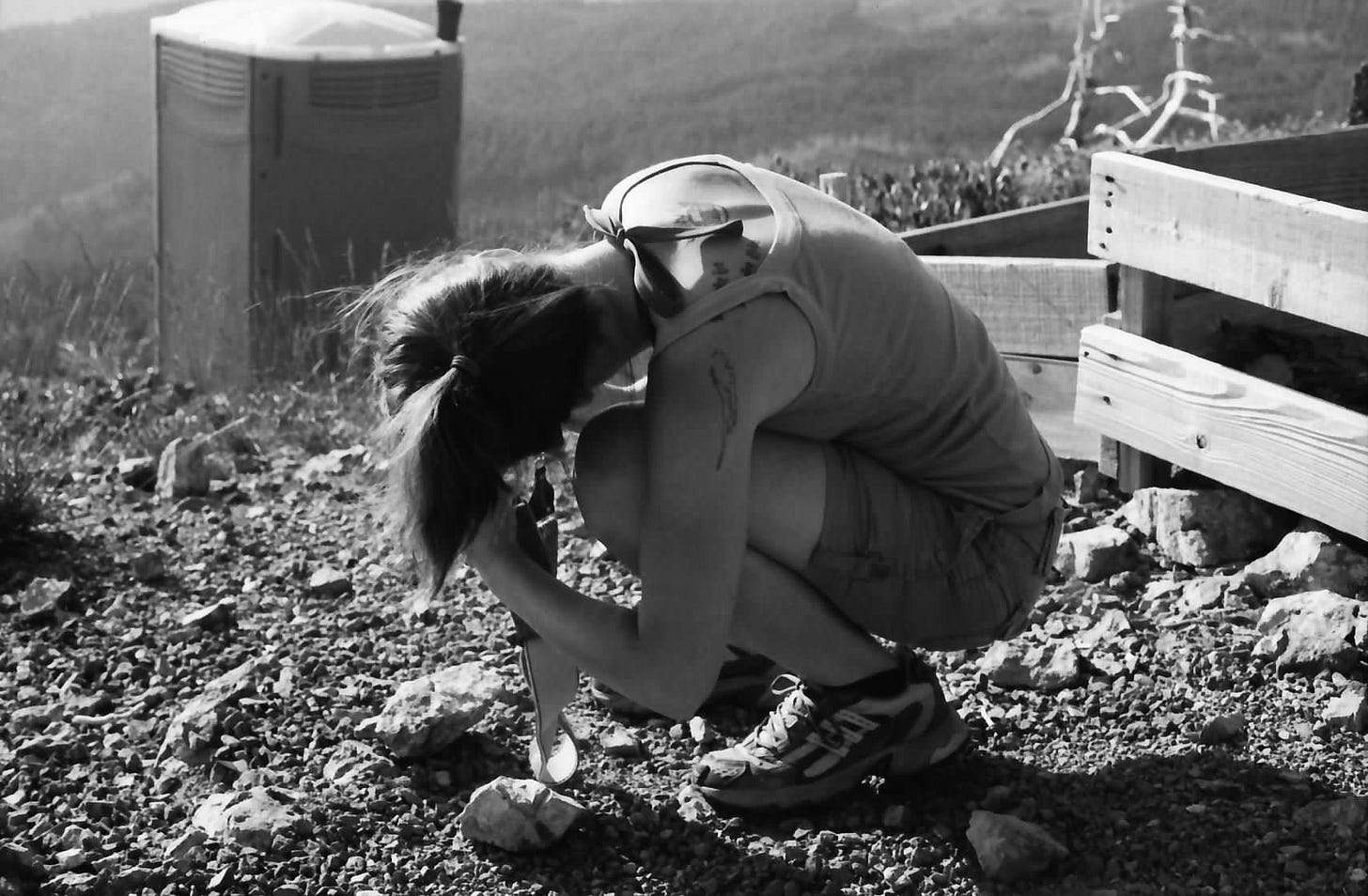
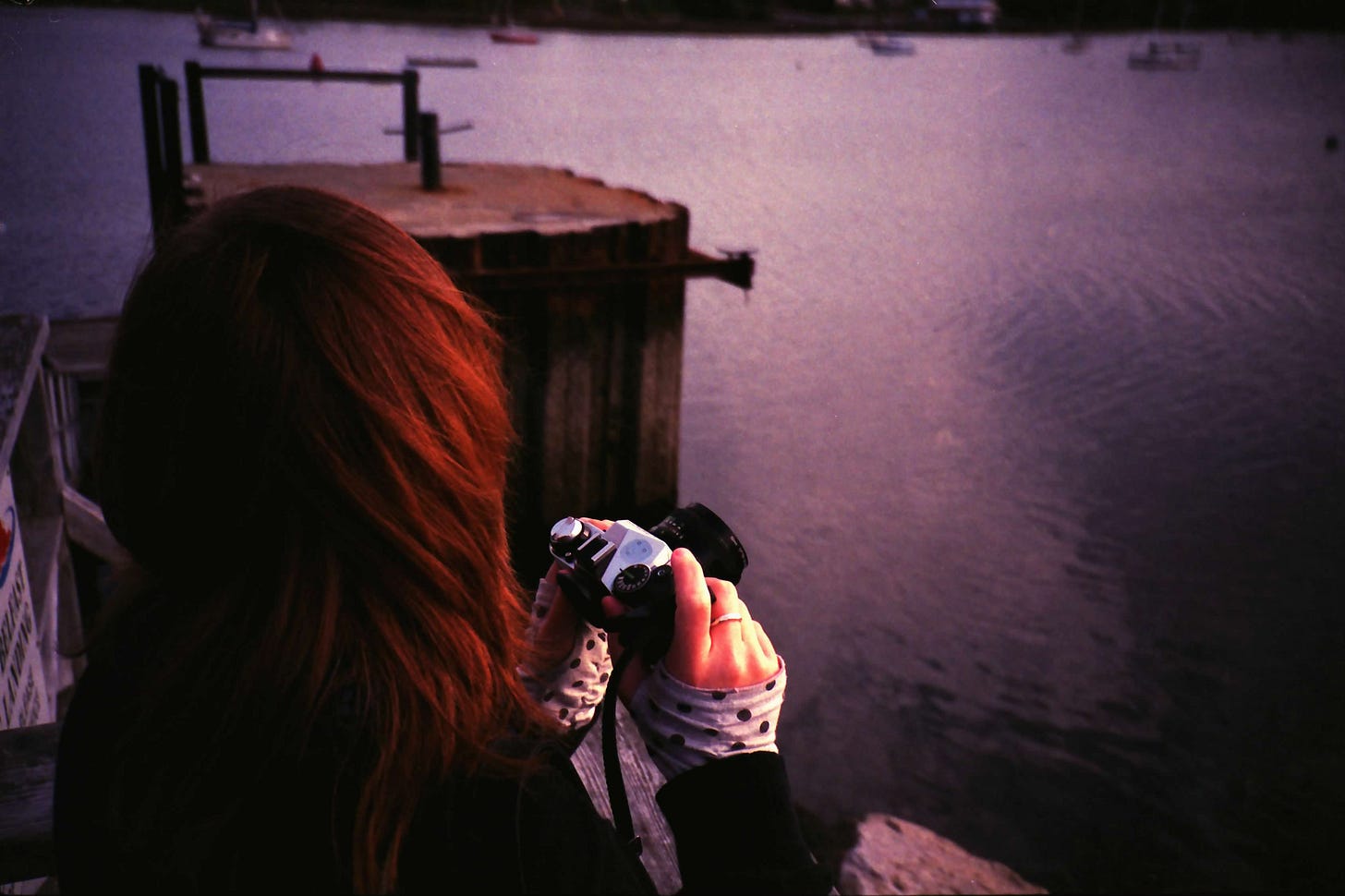
“How do I know what knowing feels like? Not just knowing, but wanting. What’s desire, and what’s obligation, and why don’t the two feel readily discernible to me?” Oh the CONSTANT conundrum 😭 so beautifully articulated
Loved listening to you, Sarah. Your acceptance inspires an acceptance in me.